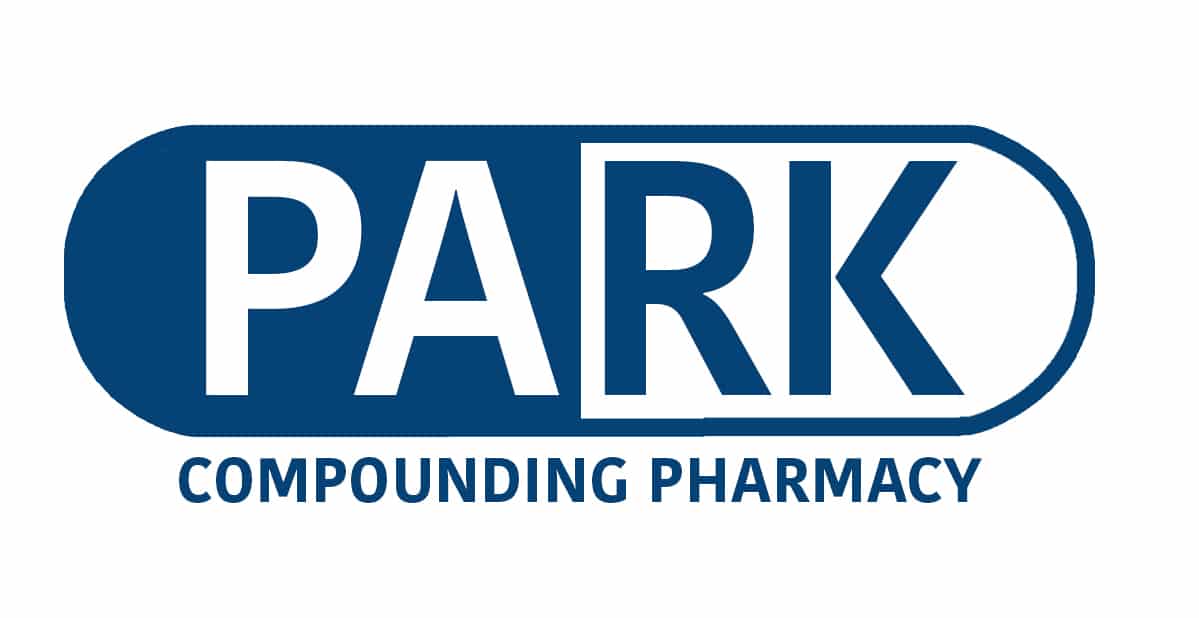Before drugs were manufactured at a large scale, all pharmacies would have been considered compounding pharmacies. While patent medicines with their own unique branding and labels were available, the majority of prescriptions filled were made individually at the pharmacy. Today the local retail pharmacy you visit often does not offer compounding services at all. The role of compounding in the modern healthcare system has changed. The art of compounding has become a more specialized field that meets needs that can not be met by commercially available products.
Compounding Pharmacy vs. Drug Manufacturing
A compounding pharmacy is different from a drug manufacturer because at a compounding pharmacy each prescription is individually made. A drug manufacturer will make large batches of the same drug, in the same dosage. When the drug is produced in large quantities “at scale,” it usually should mean that the price of the drugs is decreased. However, as most patients know, this is not always the case. While manufacturing can produce a high consistency in dosages, the price of a drug is determined by many factors.
A drug that is made by a manufacturer is standardized and not customizable. If a manufacturer makes dosages in 10mg, 50mg, and 100mg tablets, but a patient needs a more precise 80mg dose, they would have to take multiple pills (eight 10mg pills or one 50mg and three 10mg). A compounding pharmacy is able to make one 80mg capsule of the drug for the patient. This is just one of many examples of a compounding pharmacy providing a customized treatment.
Another situation might be when a drug is made by manufacturers in the form of a tablet or solution. The patient is already on multiple oral medications and the drug has gastrointestinal side effects when administered orally. A transdermal cream may be made for this patient so they can apply the medication to their skin. This avoids any side effects that may come from oral administration.
Discontinued Drugs and Drug Shortages
Many drugs that have been around a long time eventually stop being made by manufacturers. Sometimes this is because new information is discovered that puts a drug’s safety or efficacy into question. In other cases it is just not profitable to continue making certain drugs because there is not a widespread demand for them. These drugs are not necessarily ineffective or unsafe, they simply are no longer profitable to manufacture.
Many patients may still benefit from drugs that have been discontinued and are not commercially available. A compounding pharmacy can often prepare the drug that has been discontinued by obtaining the chemicals and making them into a capsule, solution, cream, or other delivery method.
Drug shortages are also sometimes experienced by manufacturers. Updates to equipment or processes, changes in the industry, and problems with supplying component materials can all lead to a delay in meeting the demand for a drug. A compounding pharmacy often can make a similar alternative to a drug that is experiencing shortages.
Combining Medications
There are numerous variations in how drugs can be combined into one. Medications that are commercially available will usually be made in standardized dosages with limited options. Unique combinations of ingredients can be made by a compounding pharmacy. This can be either to provide a synergistic effect between ingredients or to reduce the number of medications that need to be taken.
A good example of this is a cream requested by dermatologists that includes hydroquinone 6% with retinoic acid, kojic acid, and hydrocortisone. This combination is not available in any medication made by a manufacturer. The hydroquinone 6% is higher than what is commercially available (most manufacturers only make a 4% cream). The additional ingredients are not found together with a high-strength hydroquinone in any commercially available cream. Each component ingredient on its own can be found in a commercially available formulation – just not together in one cream.
Innovative Delivery Forms
Patients are sometimes sensitive to certain methods of administering medication. Oral administration in particular can cause gastrointestinal side effects and systemic effects that may be harmful. These side effects may be worse in patients that already have to take multiple oral medications. Elderly patients and pediatric patients can benefit from customized delivery methods that are easier and safer for them to take.
For pediatric patients, our pharmacy has compounded medication in the form of gummy bears and flavored solutions. Elderly patients sometimes receive medication in transdermal creams that are easy to use and limit systemic side effects. Lozenges, capsules, powders, solutions, and more are customizable to each patient’s needs with the services of a compounding pharmacy.
Sensitivities to Inactive Ingredients
Some patients have sensitivities to certain drugs or ingredients found in manufactured drugs. Patients may be sensitive to fillers, additives, and binders. They may also have allergies to ingredients like soy or lactose or need a formulation that is sugar-free. A compounding pharmacy can make customized prescriptions that exclude certain ingredients.
Compounding for Multiple Specialties
Our compounding pharmacy in Los Angeles makes medications for doctors in a wide range of specialties including dermatologists, ENTs, integrative medicine physicians, gastroenterologists, and more. While we ship many prescriptions within California, we also are able to ship to most states. If you are looking for a compounding pharmacy that ships to your state, give us a call today. A member of our pharmacy team will be happy to help.
